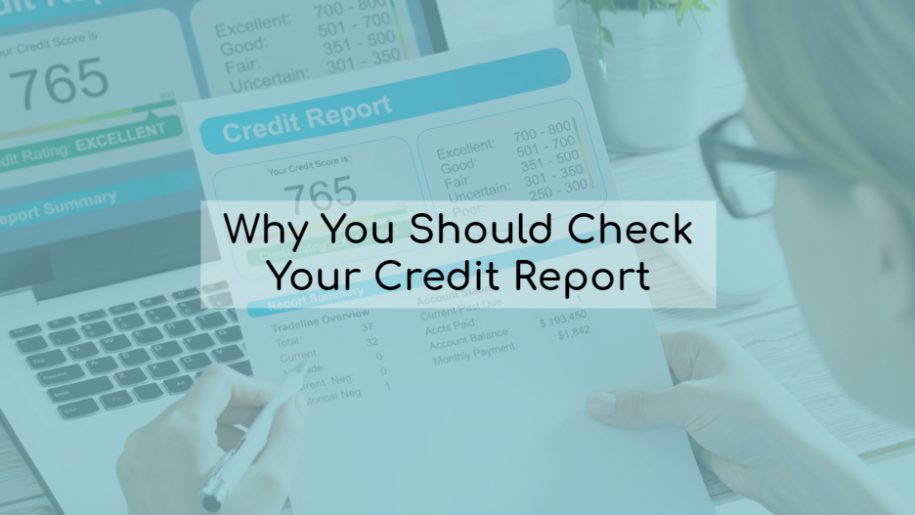If you’re planning to make a major financial decision in the near future, such as buying a home, making sure your credit report is up to date and accurate is a must.
The information on your report is used by lenders, such as goPeer, to determine your credit worthiness, and may have a significant impact on the amount you can borrow and your interest rate. As such, it’s a good idea to review the information on your credit report prior to taking on a loan.
In Canada, you’re entitled to a free copy of your credit report from one of the major Canadian credit bureaus – Equifax and TransUnion. When reviewing your credit report, it’s a good idea to request copies from both bureaus as they may have different information on file about you.
Errors on your credit report are more common than you may think. Regularly reviewing them can help you catch errors and identity theft.
Common Credit Report Errors
The most common credit report errors to watch out for include:
- Personal information mistakes, such as outdated mailing addresses or an incorrect date of birth.
- Incorrect payment information, such as on-time payments showing as late.
- Negative information that remains on your credit report beyond the maximum seven years (such as bankruptcies).
- Credit card accounts or loans for someone with a similar name or for someone who has fraudulently used your identity.
- With recent data leaks affecting millions of Canadians, make sure you recognize all the accounts listed on your credit report.
If there is information on your credit report that is incorrect, you may want to file a dispute with the relevant credit bureau to have the information corrected.
How to File a Dispute with a Canadian Credit Bureau?
By law, you are allowed to dispute inaccurate information on your credit report, and there is no fee for doing so. You may submit your dispute to the business that provided the information to the credit reporting agency and/or to the credit reporting agency that included the information on your credit report.
To help with your claim, it is recommended to have all the related information on hand and submitting this documentation along with your dispute. For example, if you’re disputing the inaccurate payment of an account, having documentation that verifies the payment will greatly help your claim.
To correct errors on your credit file, you can open a dispute online through the credit bureaus’ dispute service:
- Equifax – complete and submit a Consumer Credit Report Update Form
- TransUnion – Apply through the Online Consumer Dispute Service
As you review your credit report, if there are accounts that you don’t recognize, it could mean that someone is using your identity to apply for a credit card, line of credit, mortgage or other loan. Here’s what to do if you find out that your identity and personal data have been compromised.
What to do if your personal information was breached?
In the event that your personal information has been compromised, consider taking the following steps to reduce the risk of harm.
- Change your passwords immediately
- Review your bank account, credit card statements, and credit report regularly to make sure they are accurate and contain no unauthorized transactions
- Report any unauthorized transactions immediately to your financial institution or credit bureau
In the event that you become victim of fraud,
- Contact your financial institution and any other company where you think your account may have been compromised
- Contact both Equifax and TransUnion and ask them to place a fraud alert on your credit report file. Doing so will tell lenders to contact you and confirm your identity before they approve any applications for credit
- File a report with your local police
- Notify the Canadian Anti-Fraud Centre (1-888-495-8501)
Bottom Line
- You are entitled to a free credit report from the Canadian credit bureaus – Equifax and TransUnion.
- Check your personal information carefully on your report from both bureaus as they may have different on file about you.
- If your information on file is incomplete, inaccurate or fraudulent, consider filing a dispute.
- The Financial Consumer Agency of Canada’s website provides additional information on disputing information on your credit report and protection in case of personal information breach.

